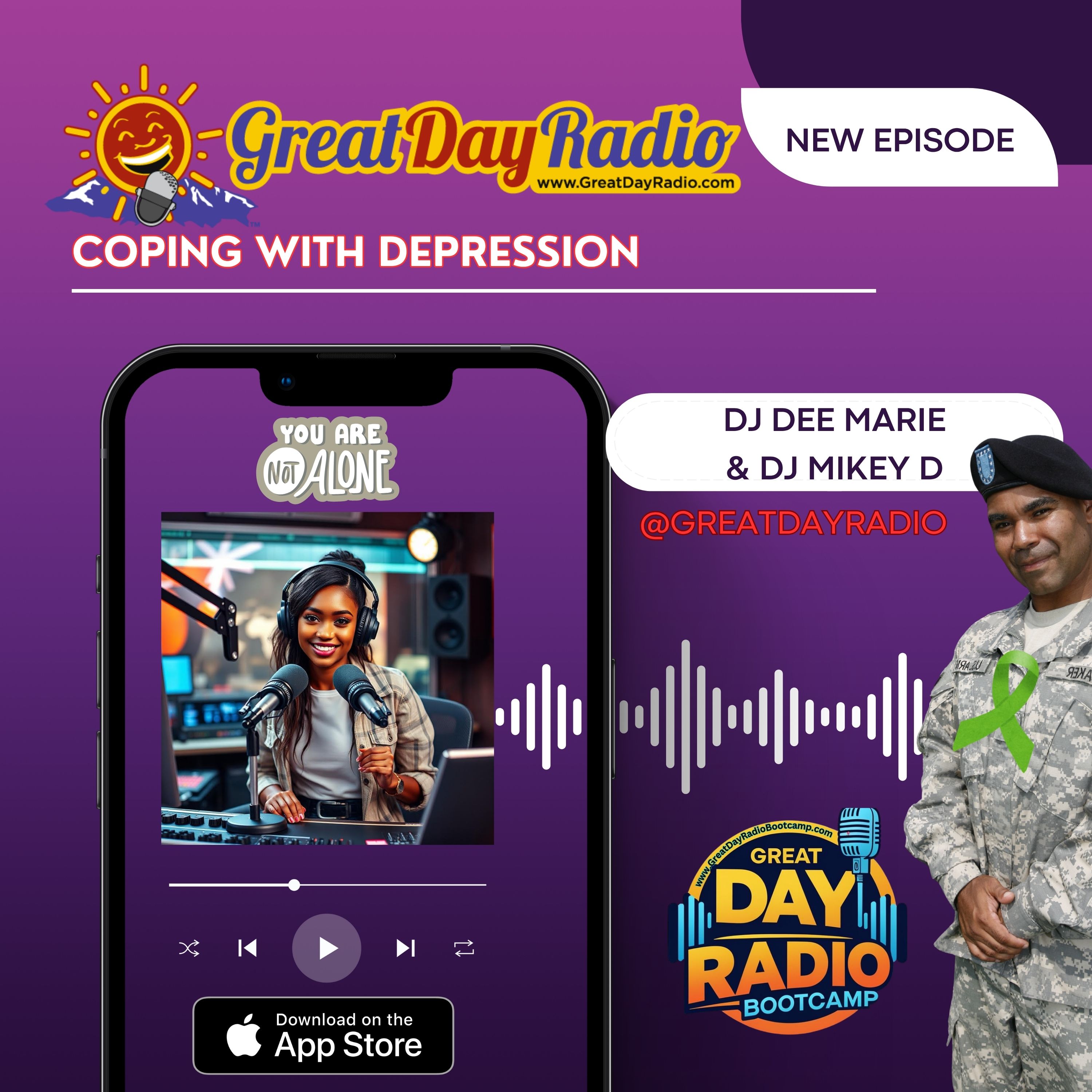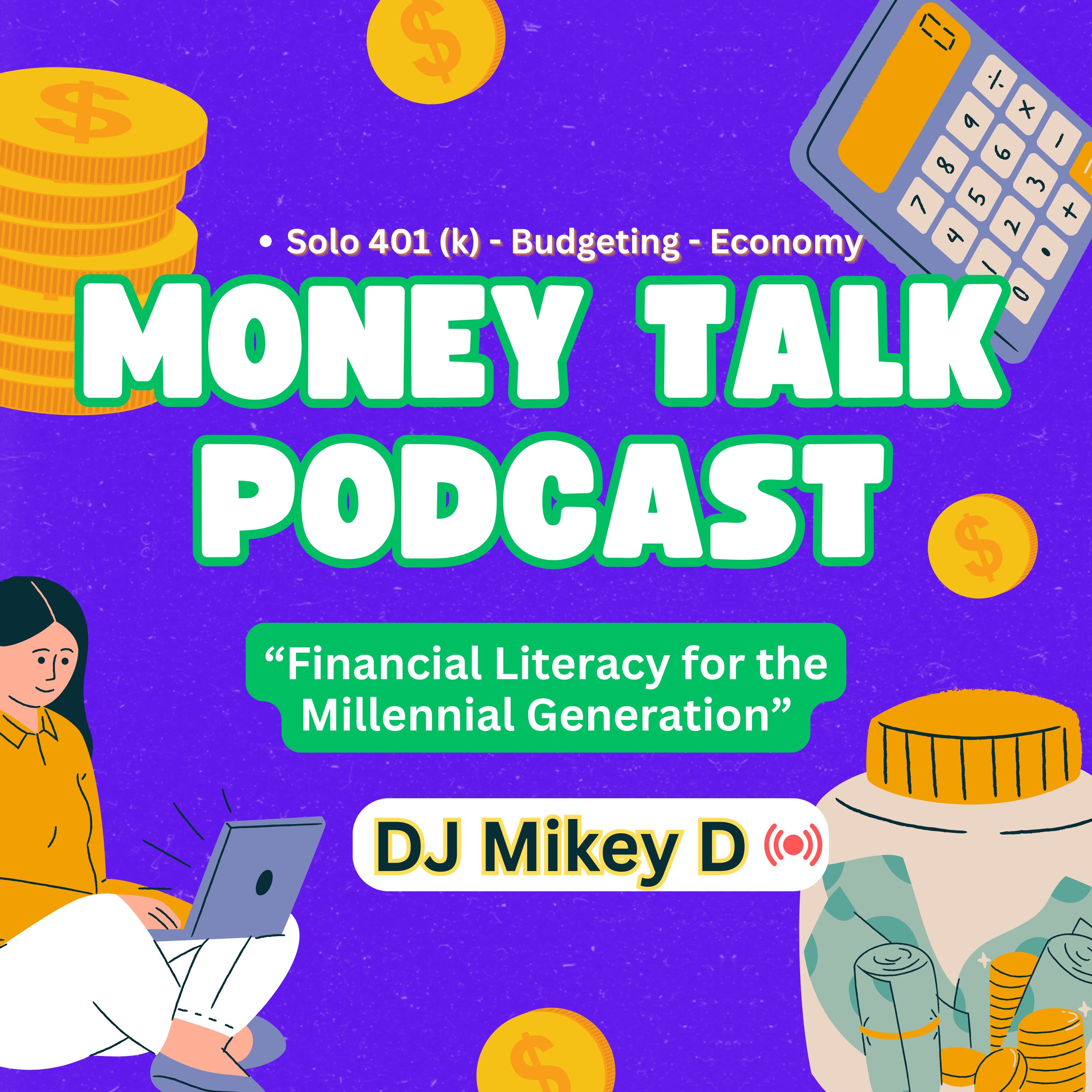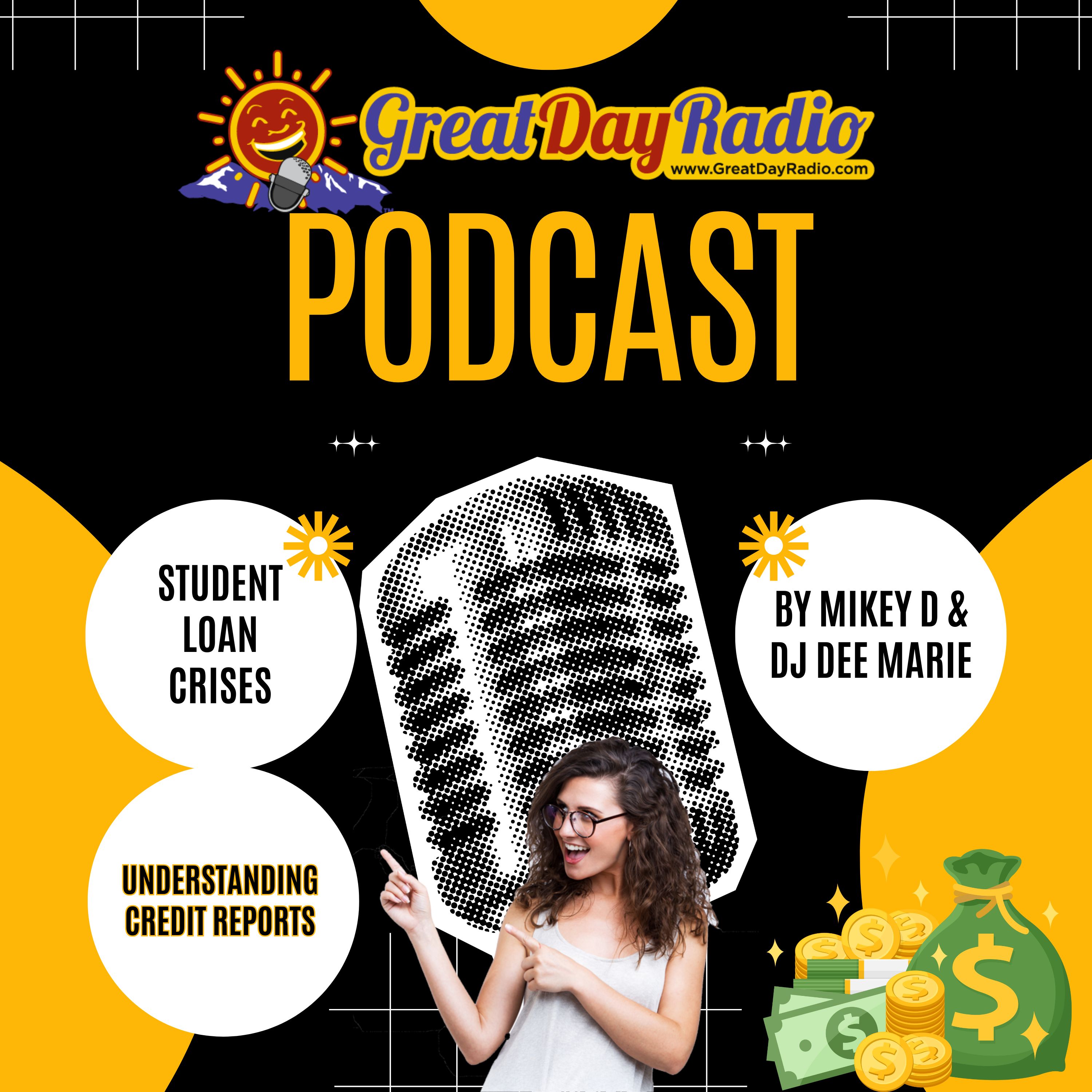Breaking Age Barriers: The Surprising Truth About Lifelong Learning
Did you know adults over 40 have superior problem-solving abilities compared to younger learners? Our latest episode debunks the myth about being "too old" to learn and reveals how education keeps your brain young. Listen now! #LifelongLearning
Breaking Age Barriers: The Surprising Truth About Lifelong Learning
The outdated notion that education belongs exclusively to youth continues to persist despite mounting evidence to the contrary. On a recent episode of Great Day Radio, hosts DJ Mikey D and DJ D Marie tackled this misconception head-on, sharing compelling research that challenges everything we think we know about adult learning. The conversation began with DJ D Marie sharing her personal experience of facing discouragement when announcing her plans to return to school—a sentiment that resonates with countless adults who've heard they're "too old" to pursue further education.
The science, however, tells a dramatically different story. Studies consistently show that cognitive ability can actually increase with age, with adults over 40 demonstrating superior problem-solving abilities compared to younger learners. This directly contradicts the common belief that learning capacity diminishes as we grow older. Research from Harvard reinforces this finding, showing that older students consistently outperform their younger counterparts in areas requiring complex decision-making and pattern recognition. These cognitive advantages highlight how adult brains are uniquely equipped for certain types of learning, bringing depth of experience that enhances educational outcomes.
The transformation of the educational landscape has created unprecedented opportunities for adult learners. Artificial intelligence, virtual reality, and adaptive learning platforms have made education more accessible than ever before, increasing adult student enrollment by 67% over the past five years. These technologies don't just provide convenience—they're specifically designed to leverage the unique strengths that adult learners bring to the table. Simultaneously, financial barriers are diminishing, with approximately 60% of employers now offering tuition assistance, up from just 35% a decade ago, alongside an ecosystem of grants and scholarships specifically designed for adult learners.
Beyond career advancement, the benefits of lifelong learning extend into every aspect of wellbeing. Adults who continue their education experience a 41% reduction in stress levels when actively engaged in learning, despite the added responsibilities. Studies show continued learning reduces the risk of cognitive decline by up to 32%—literally keeping our brains young—while also contributing to a 23% higher life satisfaction score. These holistic benefits create a compelling case for lifelong learning as a form of mental wellness and personal development rather than merely a professional necessity.
The impact of adult education extends far beyond the individual, creating powerful ripple effects throughout families and communities. The data shows that children of adult learners are 64% more likely to pursue higher education themselves, creating a cycle of continuous growth and opportunity. Every time someone challenges artificial age barriers around education, they help rewrite our cultural story about what's possible at any stage of life. The research is clear: our capacity to learn and grow doesn't diminish with age—it transforms and, in many ways, actually improves.
In the second segment of the episode, the hosts shifted focus to discuss the science of daily improvement, revealing that our brains are most receptive to change in the first 90 minutes after waking. This biological window of opportunity, when properly utilized, can dramatically enhance personal growth. Research suggests that dedicating just 20 minutes daily to learning something new shows a 23% increase in decision-making ability over six months. This learning mindset creates what researchers call a "growth cascade effect," naturally leading to better choices in other areas such as nutrition, movement, and sleep—all of which further enhance cognitive function in a positive feedback loop.
Your brain is most receptive to change in the first 90 minutes after waking. Are you scrolling or growing? Our newest episode explores the science of daily improvement and how small, consistent actions create lasting change. #MorningRoutine





